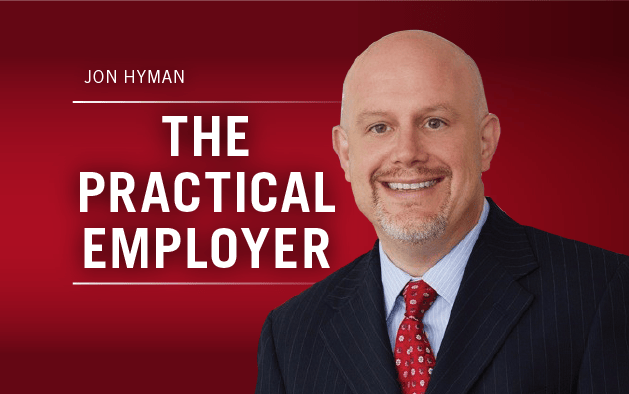You may recall that
How did that case turn out for the employer? Not well. From the EEOC:
Saint Vincent Health Center will pay $300,000 constituting back pay and compensatory damages to a class of six aggrieved former employees … .
In addition to requiring monetary relief and offers of reinstatement for the six employees, the consent decree contains multiple injunctive components. Under the decree, if the Health Center chooses to require employee influenza vaccination as a condition of employment, it must grant exemptions from that requirement to all employees with sincerely held religious beliefs who request exemption from the vaccination on religious grounds unless such exemption poses an undue hardship on the Health Center’s operations, and it must also notify employees of their right to request religious exemption and establish appropriate procedures for considering any such accommodation requests. The decree also requires that when considering requests for religious accommodation, the Health Center must adhere to the definition of “religion” established by Title VII and controlling federal court decisions, a definition that forbids employers from rejecting accommodation requests based on their disagreement with an employee’s belief; their opinion that the belief is unfounded, illogical, or inconsistent in some way; or their conclusion that an employee’s belief is not an official tenet or endorsed teaching of any particular religion or denomination.
Ouch.
What does this mean for employers? I’ll allow Philadelphia District regional attorney, Debra M. Lawrence, who prosecuted the Saint Vincent Health Center case, to explain.
While Title VII does not prohibit health care employers from adopting seasonal flu vaccination requirements for their workers, those requirements, like any other employment rules, are subject to the employer’s Title VII duty to provide reasonable accommodation for religion. In that context, reasonable accommodation means granting religious exemptions to employees with sincerely held religious beliefs against vaccination when such exemptions do not create an undue hardship on the employer’s operations.
In other words, if you require flu shots for your employees (a policy I wholeheartedly endorse), you must be willing to exempt certain employees as an accommodation for their religions (and disabilities, as well).
Jon Hyman is a partner at Meyers, Roman, Friedberg & Lewis in Cleveland. Comment below or email editors@workforce.com. Follow Hyman’s blog at Workforce.com/PracticalEmployer.


Jon, you do realize that the efficacy of flu shots is entirely anecdotal and there is not one shred of scientific evidence that, overall, they do anyone any good? There was a time when “science” was sure that all fat is bad for your health, that all women of all ages need a yearly breast exam, that margarine is better for you than butter, that the food pyramid was correct, that salt in any amount is bad for you…and so it goes. Guess what? All those have been proven to be wrong. And yet we continue to support the scientifically unsupportable belief that flu shots work and everyone should get them? I’ll bet you also think that there is evidence that wellness programs, as a whole, also work, simply because those who are in the flu shot and wellness programs spend millions promoting their products, and simply because some low-level government scientist who could not get a job anywhere else has declared it a good thing to do. I don’t refuse to take flu shots because of my religious beliefs. I don’t take them because there is evidence that they do more harm than good or, at the very least, they do little or no good even if they don’t do harm. Finally, you do realize, don’t you, that taking a job does not create a social contract in which your employer has a right to control every aspect of your life based solely on the employer’s whims?